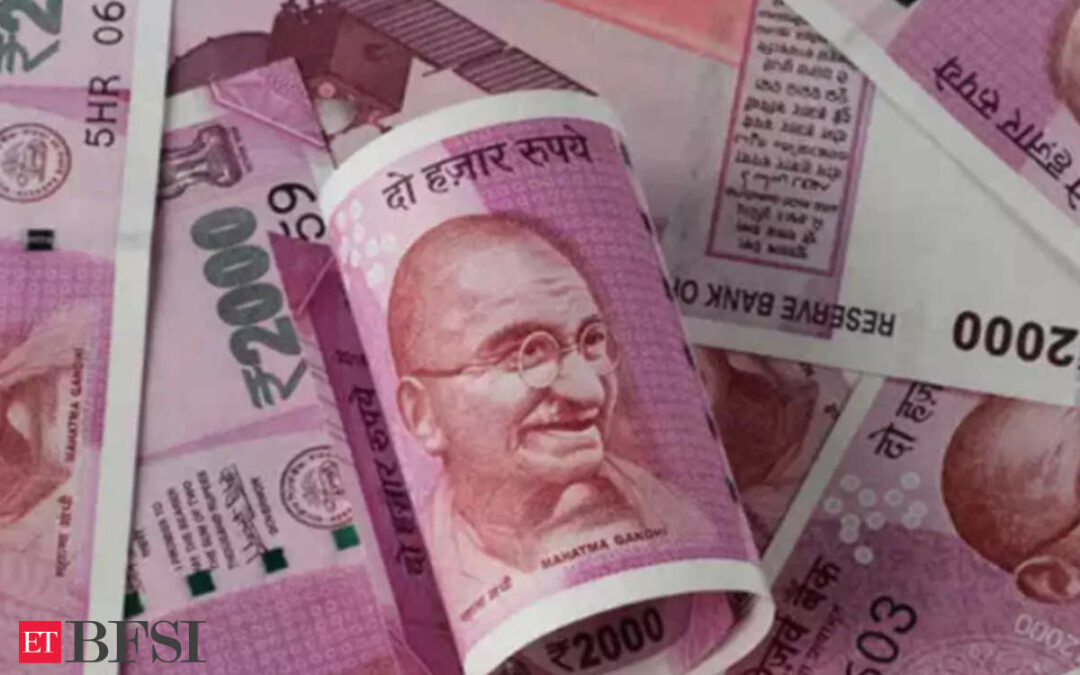The Indian rupee ended weaker on Tuesday, weighed down by broad strength in the dollar and higher Treasury yields amid persistent concerns that U.S. interest rates will stay higher for longer.
The rupee closed at 83.2050 against the U.S. dollar, compared with its close of 83.04 in the previous session.
Earlier in the day, the dollar index rose to 107.21, its highest since November 2022, but gave up much of those gains to last trade little changed at 107.05.
The rupee opened at 83.21. It was poised to start even lower, tracking non-deliverable forwards, but that was averted by likely U.S. dollar sales by the Reserve Bank of India.
Despite the RBI’s continued defence, “the rupee is likely to keep depreciating and 83.35 looks likely in the near term,” a foreign exchange trader at a private bank said.
Dollar sales by large foreign banks, related to custodial flows, also offered some support to the rupee, the trader added.
Asian currencies were weaker, with the Thai baht’s 0.37% drop leading the losses. Brent crude oil futures were little changed at $90.70 per barrel.
“The rupee is quite over-stretched compared to Asian currencies,” said Arnob Biswas, head of foreign exchange research at SMC Global Securities, referring to the local unit’s relative value per dollar compared to its Asian peers.
The rupee may hit a record low soon if the 10-year U.S. Treasury yield moves above 4.75%, Biswas said.
The yield is hovering near its 16-year high of 4.70%.
Sustained equity-related outflows could also pile on the pressure.
Foreign investors sold stocks worth about $1.77 billion on a net basis in September, snapping a six-month buying streak. Data for the last two trading days of the month is not yet available.
The benchmark BSE Sensex and Nifty 50 equity indexes ended lower by 0.48% and 0.56%, respectively.










